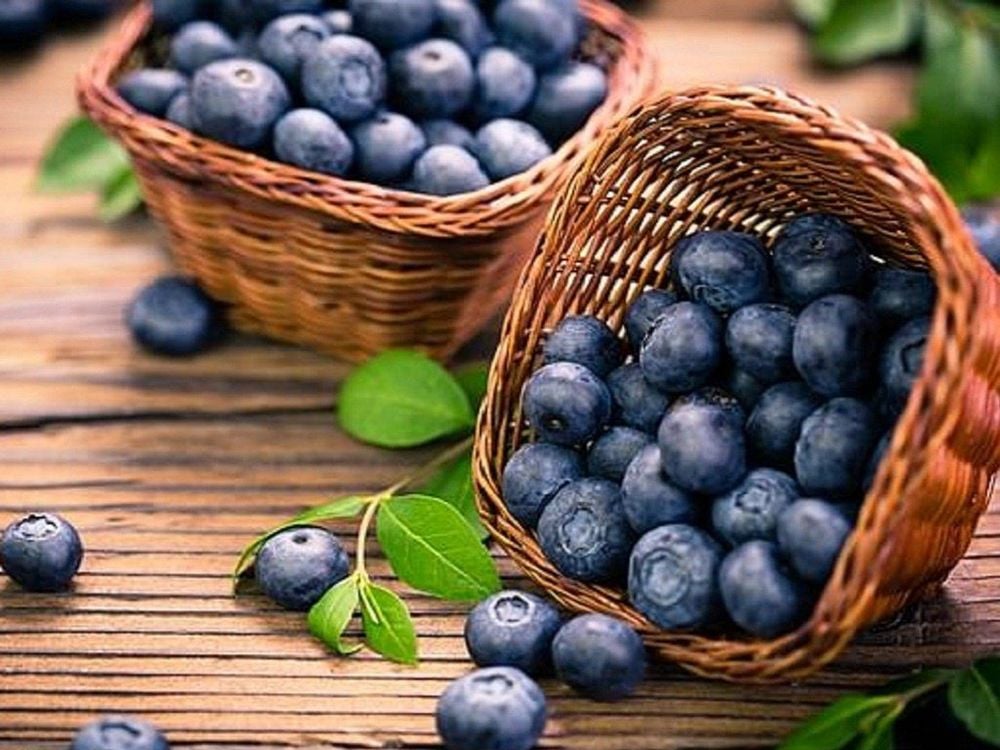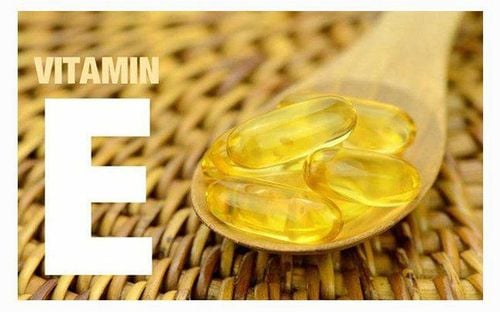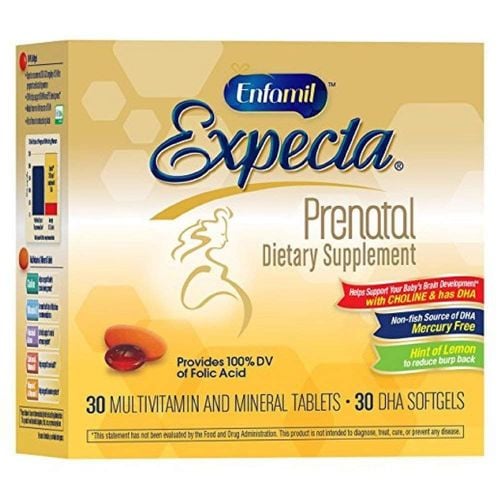This is an automatically translated article.
What are blueberries? You may associate blueberries with the holidays, but there are good reasons to eat blueberries year-round, frozen, dried or in juice form. So is it good to eat blueberries? Here are the benefits of blueberries, including new research into how blueberries can help combat the global threat of antibiotic-resistant superbugs.1. What are blueberries? Is it good to eat blueberries?
Blueberries are a popular superfood. People can consume them in the form of sauces or juices. These highly nutritious berries are also a Thanksgiving dinner staple. Blueberries were first introduced in North America to the first settlers by the people of the Algonquin nation. Since its debut, blueberries have been a popular juice, dye, food, and medicinal herb.Blueberries are native to North America. They now grow on about 58,000 acres of farmland throughout the northern United States, Chile and Canada.
Many people consider blueberries a superfood due to their high nutrient and antioxidant content. This fruit offers a wide range of health benefits thanks to its high nutritional value.
In fact, research has linked the nutrients in blueberries to a reduced risk of urinary tract infections (UTIs), prevention of certain types of cancer, improved immune function, and lower blood pressure. pressure. Historically, Native Americans used blueberries as a treatment for bladder and kidney ailments, while early settlers from England used them to treat anorexia, upset stomach, and confusion. blood disorders and rickets.
2. 7 benefits of eating blueberries
2.1. Full of nutrients This is why people call blueberries a superfood. Kumquats are packed with nutrients from carbs and fiber, and they're packed with antioxidants, vitamins, and minerals. In a serving of 1 cup raw berries, you get 25% of your daily requirement for vitamin C, plus a generous dose of vitamin A, vitamin K and B-complex vitamins as well as the essential minerals manganese and copper. Fresh or frozen berries contain less carbs and sugar.2.2. Helps Prevent UTIs Although blueberries can't cure UTIs, they can help prevent them from coming back. That's because these berries are high in the antioxidant proanthocyanidins (PACs) that can help prevent certain bacteria from sticking to the urinary tract walls. In this way, the PACs in cranberries will help prevent infection. A study in the Journal of the American Geriatrics Association found that blueberry supplements help prevent UTIs, but drinking blueberry juice alone is not enough. This is because a high concentration of cranberry extract is required to prevent bacterial adhesion. Commercially available cranberry juice does not contain such high amounts of PACs.

Ăn quả việt quất có thể giúp bạn ngăn ngừa nhiễm trùng tiểu
2.3. Promotes gut health Blueberries can help keep your gut healthy. That's because they can improve gut bacteria in meat eaters. So if you eat meat, dairy or sugar, you can switch to blueberries to help get the good bacteria back into your gut. These red berries also reduce bile acids that can cause colon and gastrointestinal cancers.
2.4. Helps control blood sugar Blueberries are low in sugar if you combine that with their high fiber content, you have a fruit that won't cause blood sugar spikes. Since blueberry juice and dried fruit are often high in sugar, stay away from them and eat fresh or frozen fruit.
2.5. Heart health benefits Some evidence suggests that polyphenols in cranberries may reduce the risk of cardiovascular disease (CVD). A 2019 systematic review found that adding cranberries to the diet may help a person control some risk factors for cardiovascular disease. These include systolic blood pressure, which is the blood pressure during contraction of the heart muscle.
The review also found that cranberry supplementation reduced body mass index (BMI) and improved levels of high-density lipoprotein (HDL), otherwise known as “good” cholesterol.
2.6. Promotes Oral Health These little red berries can help with your oral health, that's because PACs prevent bacteria from sticking to your teeth. According to Medical News Today, cranberries also help prevent gum disease.

Sức khỏe răng miệng của bạn có thể được cải thiện nếu ăn quả việt quất
With a high nutritional value and the benefits that this fruit brings, you should regularly add blueberries to your daily diet to see a positive change from your health.
Please dial HOTLINE for more information or register for an appointment HERE. Download MyVinmec app to make appointments faster and to manage your bookings easily.













